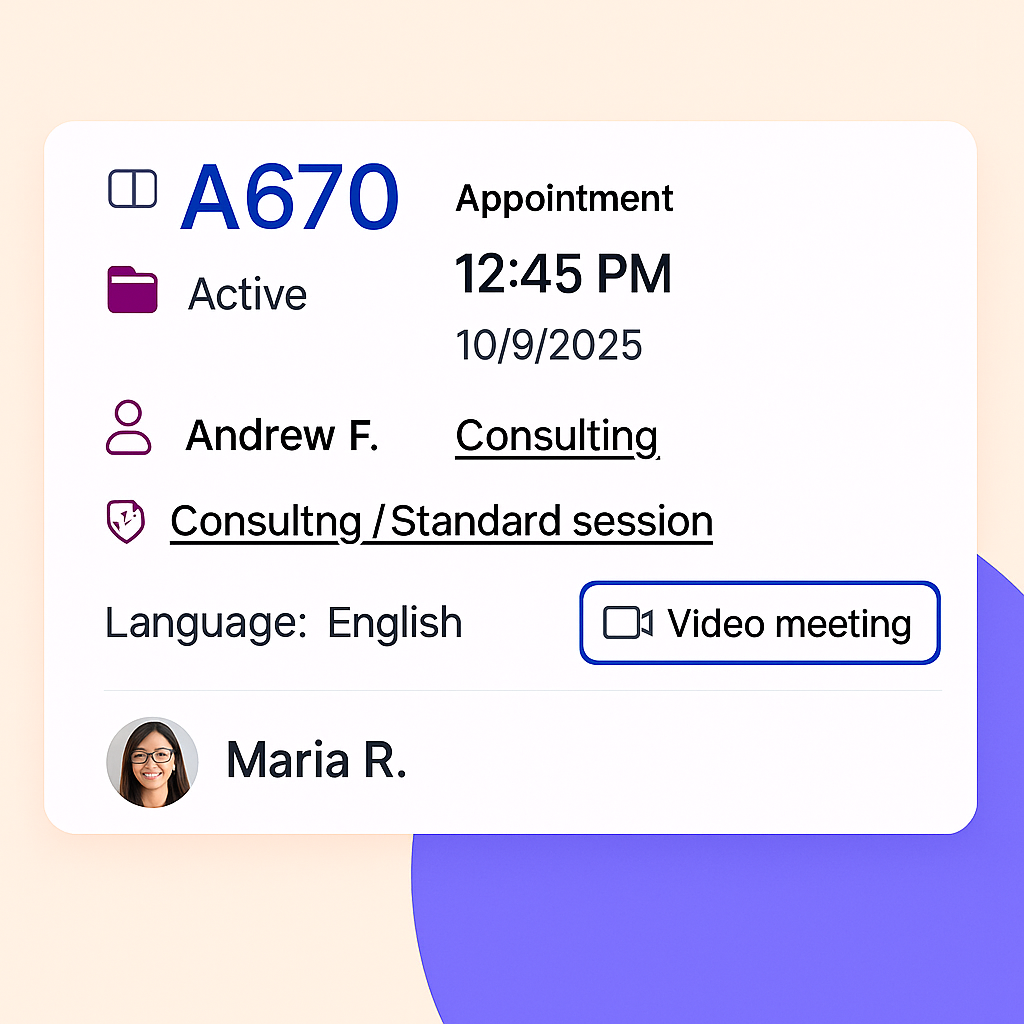The Limitations of Basic Calendar Tools in Managing Complex Hospital Schedules
Imagine that hospital personnel could only use a simple calendar for hospital appointment scheduling. Would such a basic appointment tool suffice to handle the complexities of scheduling surgical procedures and other complex operations that require coordinating between schedules of multiple staff and resources? For example, suppose you are tasked with managing the staff’s schedule for planned appointments only. You would need to reserve time for unexpected events such as patient appointments taking longer than planned, doctors urgently summoned to emergency operations, and waiting for supporting staff and equipment to be available. The result is that 50% of the time staff would be overworked and 50% of the time staff would be underutilized, and neither state is desirable.
Which IT capabilities could you use to remedy this situation?
You would start by making sure the “calendar”— or in other words the appointment scheduling system — is intelligent and enables staff to book all that is required for the appointment. For example, when scheduling an operation the appointment should include the preoperative area complete with bed and medical staff, the operating room complete with required staff and equipment, a recovery room for post-operation. Some resources cannot be allocated in advance, so the appointment system should ensure a certain degree of freedom that provides real-time flexibility, while still guaranteeing the overall required capacity. For instance we might not be able to reserve a specific bed in the recovery room, but the system should make sure we do not schedule too many operations, thus preventing potential overflow. Next, you would make sure the system provides real-time management for all aspects of the appointment. This is a very difficult criterion to achieve, yet very important to have. Consider, again, the surgery procedure. So many possible reasons for things not going as planned: something could go wrong during preparation, a previous operation could take longer than expected, a surgeon may be called to perform a critical operation, medical equipment might malfunction and the list goes on.
This means that we need a very tight coupling of the scheduling system on one hand, and real-time management of patient flow and resources on the other. In fact, proper operating room management is a type of BPM (business process management), which is much more than simply 'appointment scheduling'.
Q-nomy's hospital scheduling solutions provides that rare blend of scheduling, patient flow, workflow and resource management that enables optimal planning and execution of any medical procedure. It provides an intuitive and efficient user interface for scheduling very complicated procedures, while maximizing resource utilization. Q-nomy's healthcare real-time management tools are a proven, sophisticated and practical solution that works. Read more on Q-nomy Healthcare






.webp)

.png)

.png)





.svg)

